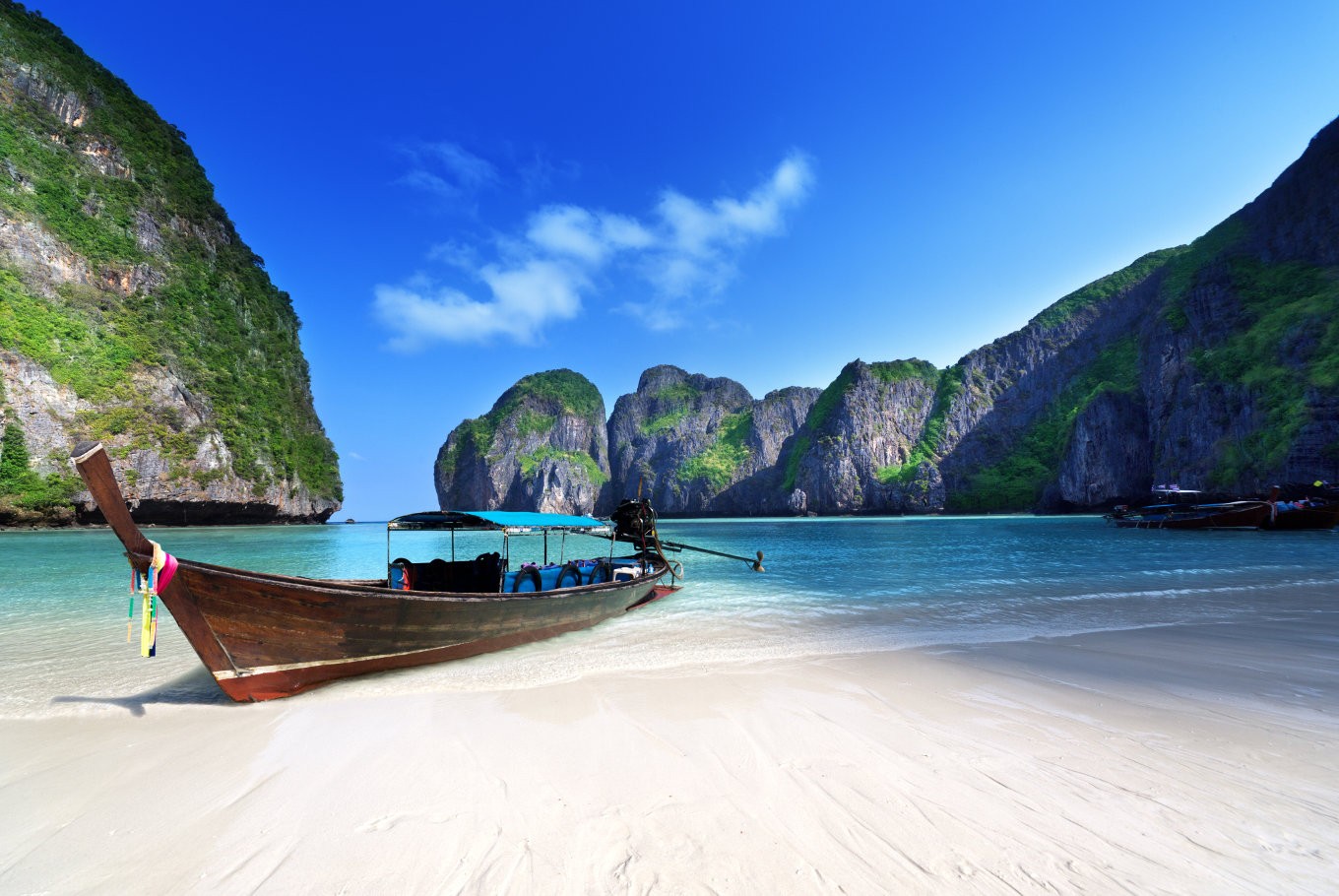Popular Reads
Top Results
Can't find what you're looking for?
View all search resultsPopular Reads
Top Results
Can't find what you're looking for?
View all search resultsSoutheast Asia closes island beaches to recover from climate change and tourism
More popular South-east Asian islands will be off limits to visitors this year as officials seek to protect ecosystems crumbling from warming seas and unchecked sprawl, despite the risk to tourism revenues and tens of thousands of jobs.
Change text size
Gift Premium Articles
to Anyone
M
ore popular South-east Asian islands will be off limits to visitors this year as officials seek to protect eco-systems crumbling from warming seas and unchecked sprawl, despite the risk to tourism revenues and tens of thousands of jobs.
Thailand will shut Maya Bay, which famously featured in The Beach, starring Leonardo DiCaprio, for four months a year, from June. In the Philippines, officials plan to close Boracay island for six months at the end of April.
"Islands have very fragile eco-systems that simply cannot handle so many people, pollution from boats and beachfront hotels," said Thon Thamrongnawasawat, a marine expert in Bangkok.
Read also: Picture-perfect Indonesian sand islands you can visit
"Coral reefs have been degraded by warmer seas and overcrowding. Sometimes, a complete closure is the only way for nature to heal," he told the Thomson Reuters Foundation.
More than three-quarters of Thailand's coral reefs have been damaged by rising sea temperatures and unchecked tourism, said Thon, who last week recommended limiting visitors to its 22 marine parks to 6 million a year to enable their recovery.
Currently, they number about 5.5 million, he said.
Thailand closed dozens of dive sites to tourists in 2011, after unusually warm seas caused severe damage to coral reefs in the Andaman Sea, one of the world's top diving regions. It also shut some islands in 2016.
The country's sandy beaches helped draw record numbers of tourists last year, with revenues contributing about 12 per cent of the economy. The government expects 38 million visitors this year.
South-east Asia is expected to bear the brunt of rising damage to coral reefs, depriving fishermen of incomes and leaving nations exposed to incoming storms and damage from surging seas, recent research showed.
Duterte won't hesitate to send in soldiers, use dynamite to clean up Boracay, says spokesman
Residents and businesses in Philippines' resort island of Boracay upset with Duterte calling it a 'cesspool'.
In the Philippines, which is among the most vulnerable to climate change, about 2 million people visited Boracay last year, celebrated for its white-sand beaches.
On a visit last month, President Rodrigo Duterte called the island a "cesspool" because of sewage dumped directly into the sea, and warned of a looming environmental disaster with buildings constructed too close to the shore.
Government agencies have recommended closing the island for six months to fix the problems.
Tour operators say more than 36,000 jobs are at stake.
Read also: Transformation looms at Baron Beach, Yogyakarta
"We support the government in adopting responsible and sustainable tourism practices ... but not in shutting down the whole island," the Philippine Travel Agencies Association said.
But Thailand's Thon warned against short-term fixes.
"Tourism is important, but we need to preserve these spaces for our future generations, for future livelihoods," he said.
This article appeared on The Straits Times newspaper website, which is a member of Asia News Network and a media partner of The Jakarta Post







